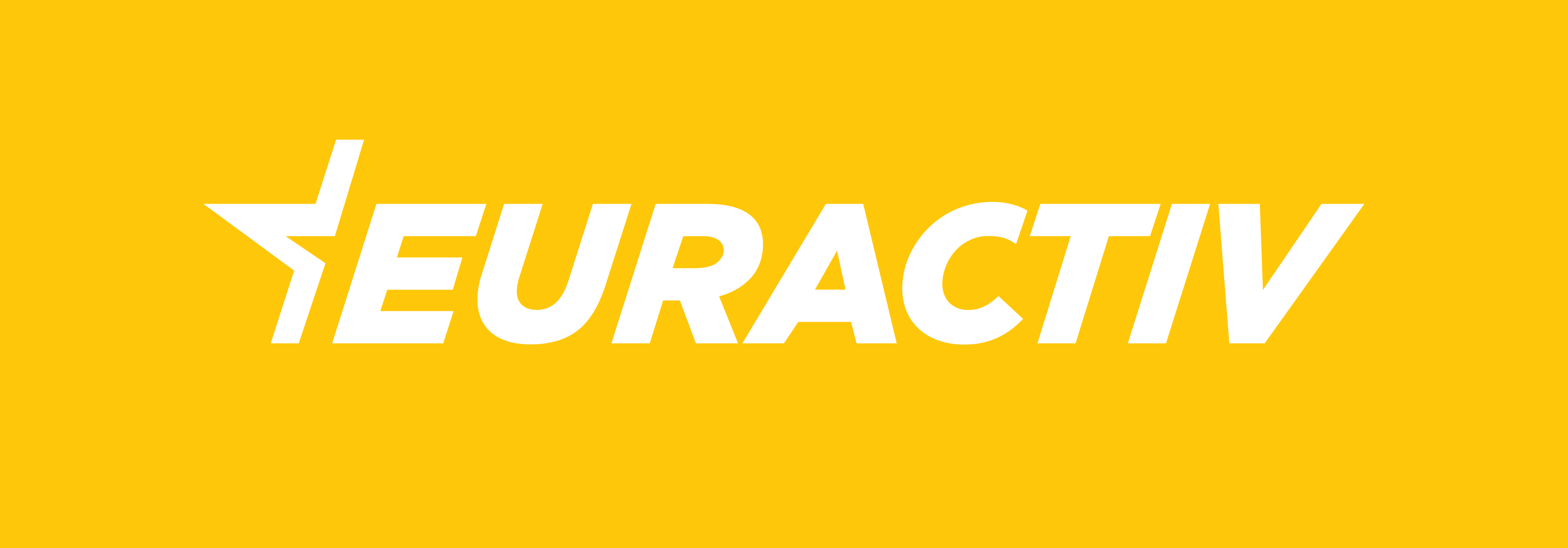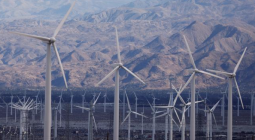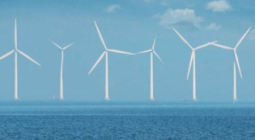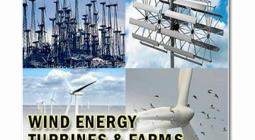Beleaguered wind industry turns to European governments for help
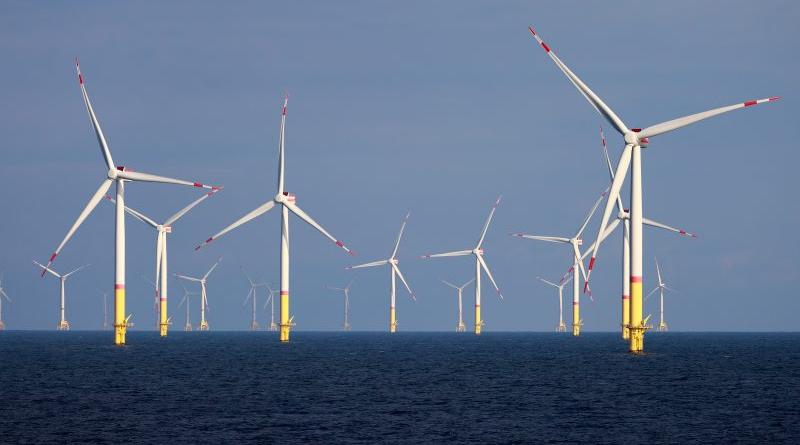
While European governments boost their wind power ambitions, the industry is struggling with rising production costs and growing competition from China.
2023 was meant to be a triumphant year for European wind power developers. Buoyed by high fossil fuel prices, the industry was boosted this week when nine EU countries surrounding the North Sea signed an agreement to aim for at least 120 gigawatts (GW) of offshore wind by 2030 – up from around 16 GW today.
By 2050, the nine countries agreed to hit 300 GW of installed offshore wind capacity in the North Sea.
But at the annual meet-up of industry lobby group WindEurope in Copenhagen this week, the mood was more downbeat.
Industry representatives there bemoaned being hit with a triple-whammy of commodity price increases, global instability caused by Russia’s invasion of Ukraine, and rising interest rates.
“In combination, that is quite a potent mix in terms of a challenging business environment,” said Anders Hangeland, vice president of Equinor, the Norwegian energy company.
“Returns and earnings are under pressure across the supply chain both for developers and suppliers,” he added during a panel discussion in Copenhagen on Tuesday (25 April).
The rapid changes threaten future projects but they also affect the industry’s bottom line on existing projects with a final investment decision.
“Projects for which the prices were fixed well before the current crisis have become financially fragile,” Mads Nipper, the CEO of Danish energy giant Ørsted, said in an appeal to governments on Tuesday.
Recent discussions on the future shape of the EU’s electricity market design have “added regulatory uncertainty to the mix,” he added.
Europe’s wind turbine manufacturers, including Spanish-German company Siemens Gamesa and Denmark’s Vestas, are currently operating at a loss. And they are facing growing competition from Chinese companies, which have access to cheaper raw materials and won a tender in the UK’s Celtic Sea for the first time in 2022.
There are also persisting worries about over-reliance on China for raw materials such as rare earths, needed to manufacture the powerful magnets mounted in wind turbines.
According to Equinor’s Hangeland, it is not “beneficial that we are overly dependent on one region or one country in this”.
With problems piling up, the wind industry is now turning to European governments for help.
“How can we incentivise further build out and strengthening of the supply chain closer to the markets where the energy is produced?” Hangeland asked.
The industry has come a long way in the past decade. While past projects relied heavily on state support, wind power has now become cost competitive.
However, that has resulted in what European companies call a “race to the bottom on price”. As bids went negative, developers started paying for the privilege of developing offshore wind power on state land, adding to the sector’s financial burden.
This has reinvigorated the debate on setting qualitative criteria for public wind power tenders, where developers offer a broader category of services like biodiversity protection instead of mere “quantitative” price competition, where Chinese bidders have the upper hand.
Such criteria could include respect for human rights, cybersecurity, or security of supply, which should be rewarded in the tendering process, suggested Javier Rodriguez Diez, executive vice-president at Vestas.
Qualitative criteria are already being considered by the European Commission as part of its Net-Zero Industry Act to boost the European clean tech industry. Instead of being merely voluntary, some could be made mandatory going forward.
But some want to go further than that.
For Ørsted, qualitative criteria should be applied “either for pre-qualification bidders” – a move that would ban some companies from applying altogether – or as a way to “supplement or entirely replace the price-component”.
French Energy Minister Agnès Pannier-Runacher appeared to back this stance, saying Europe “must have some local content criteria” in wind tenders in order to favour European bidders.
Fatih Birol, the head of the International Energy Agency (IEA), also backed the wind industry’s plea, saying: “We have to compete with China and other countries around the world.”
“Wind energy was born and raised in Europe,” he remarked, warning against a repeat of past mistakes made with the solar PV sector, which is now manufactured mainly in China.
[Edited by Frédéric Simon and Alice Taylor]
cover photo:Europe's beleaguered wind industry is becoming increasingly open in calling on governments for additional support. [EPA-EFE/HANNIBAL HANSCHKE]
